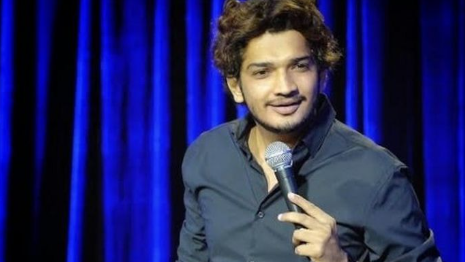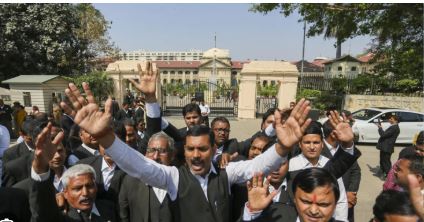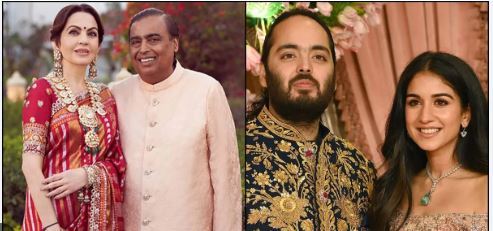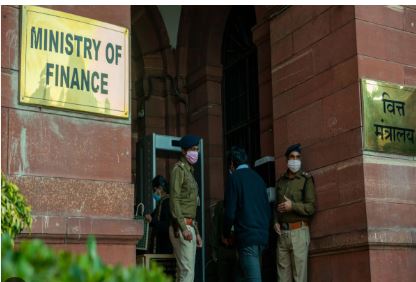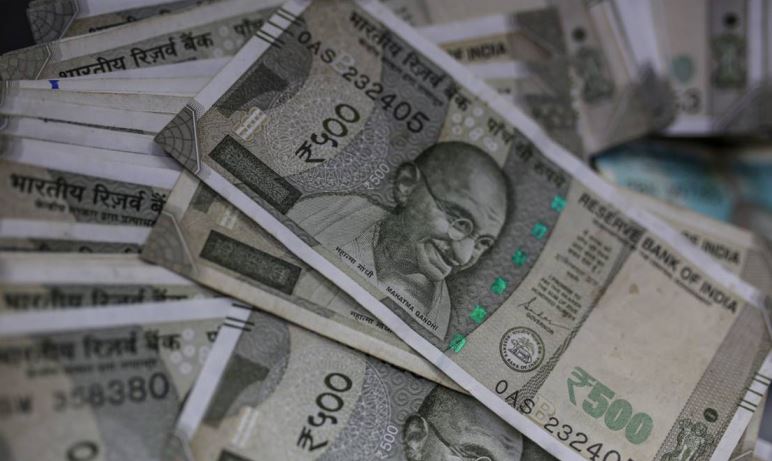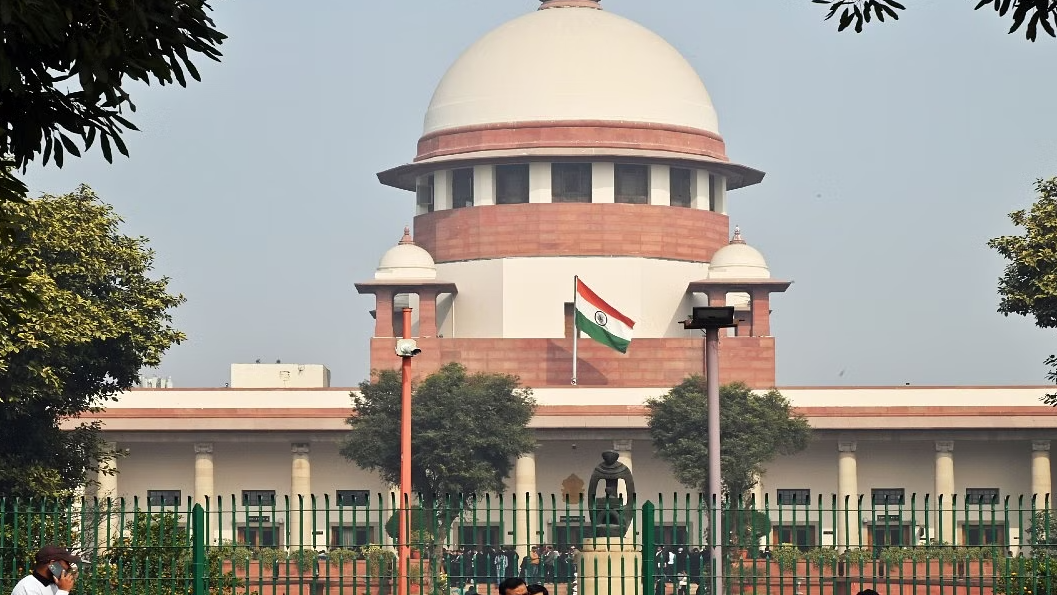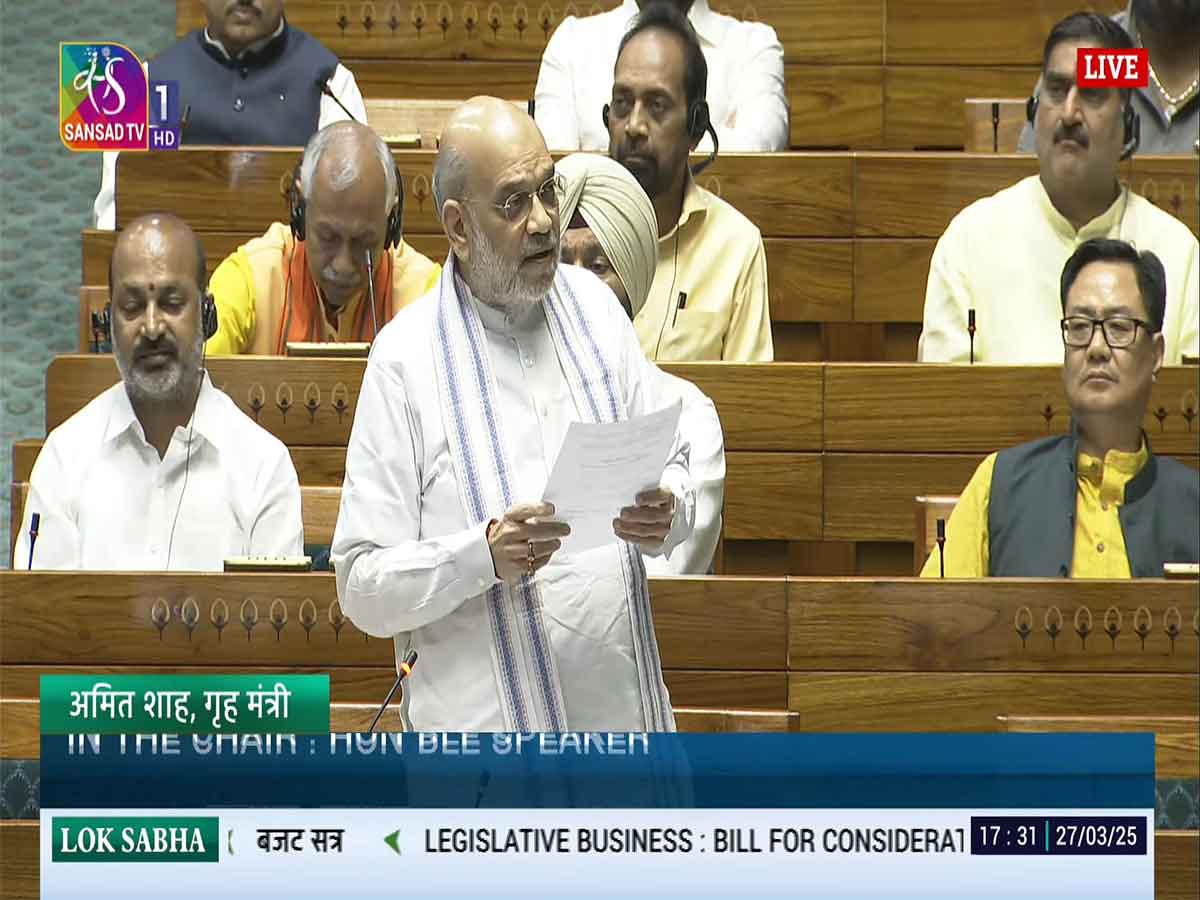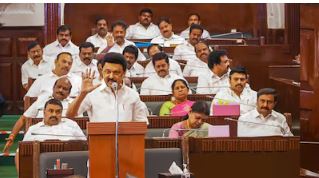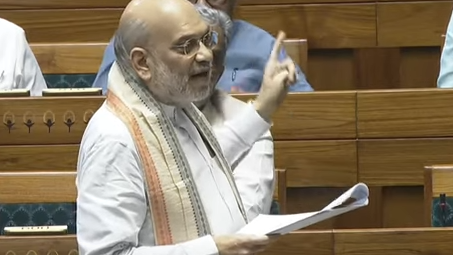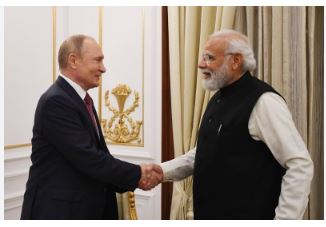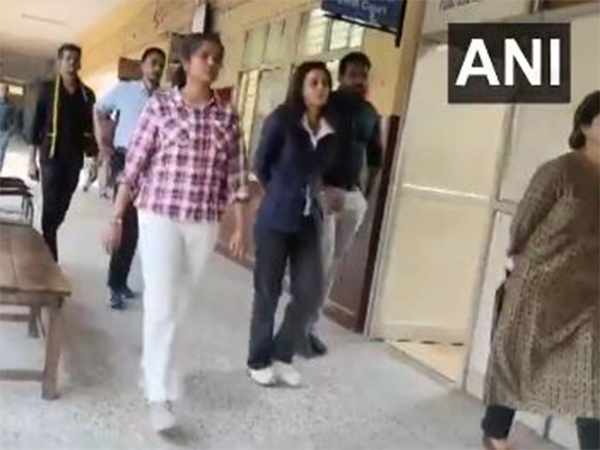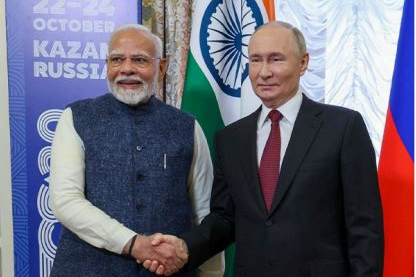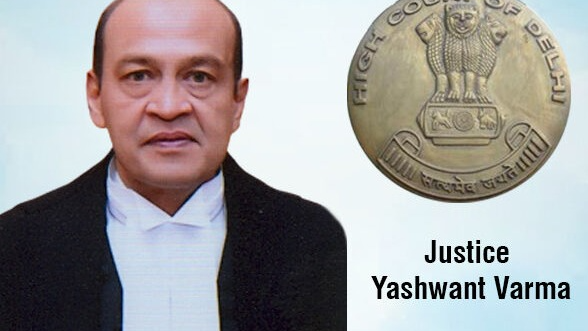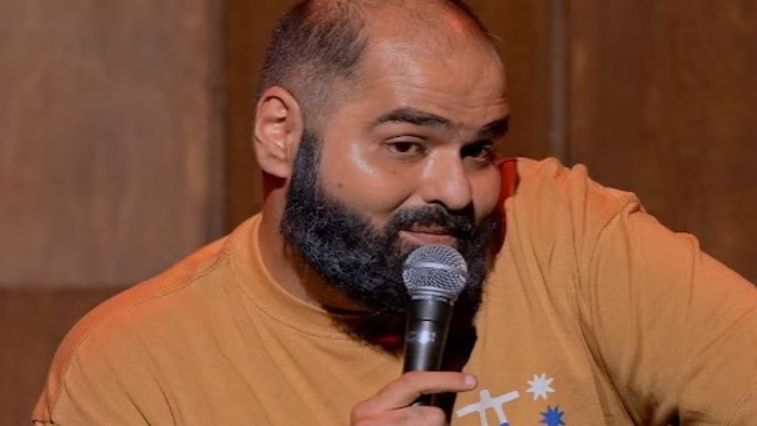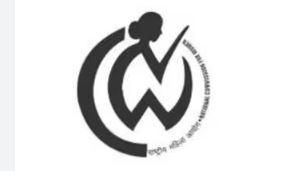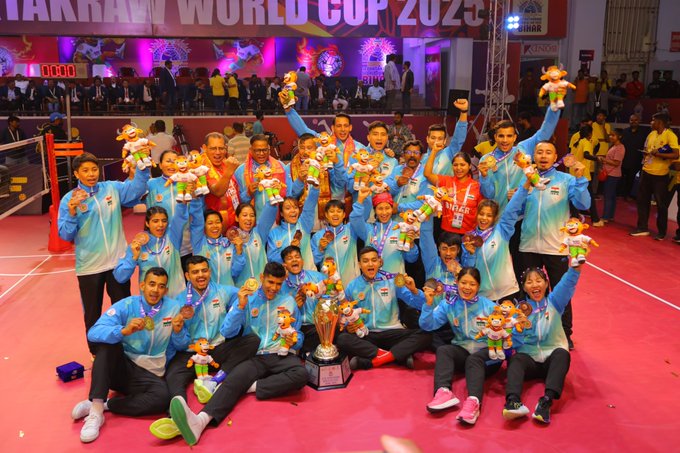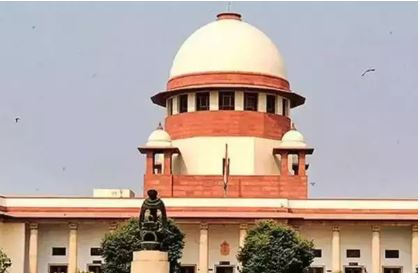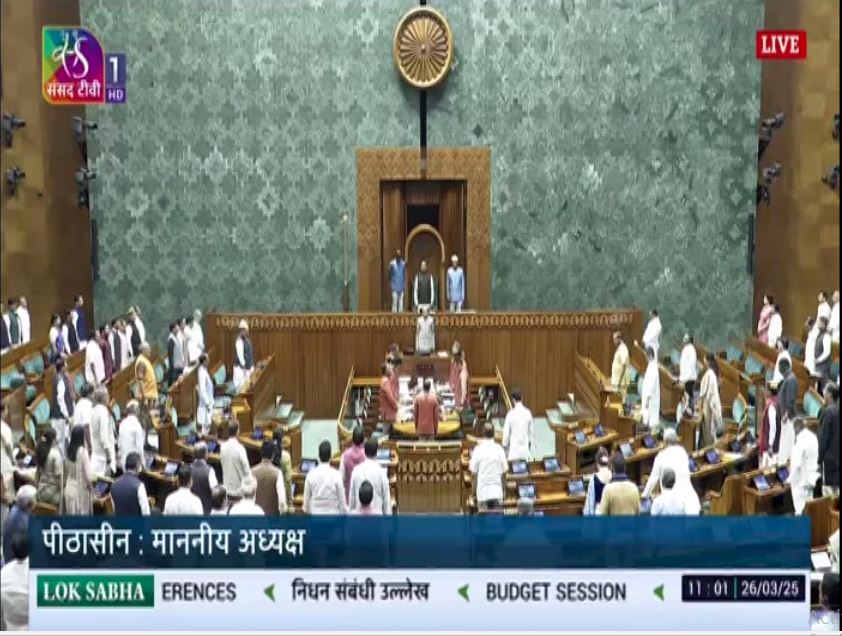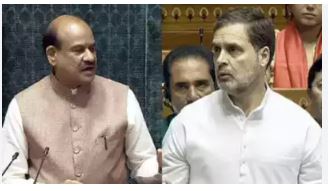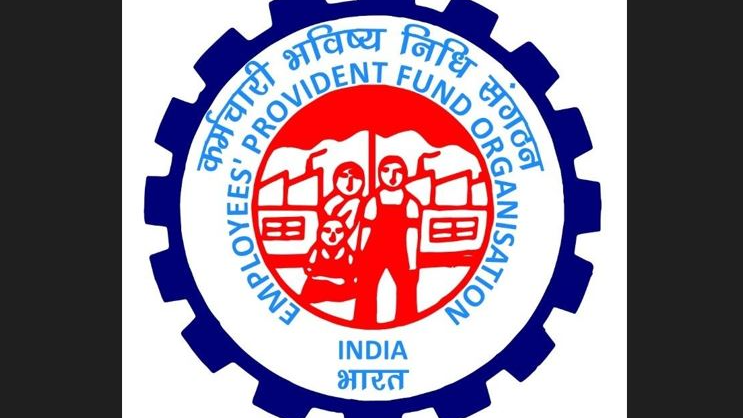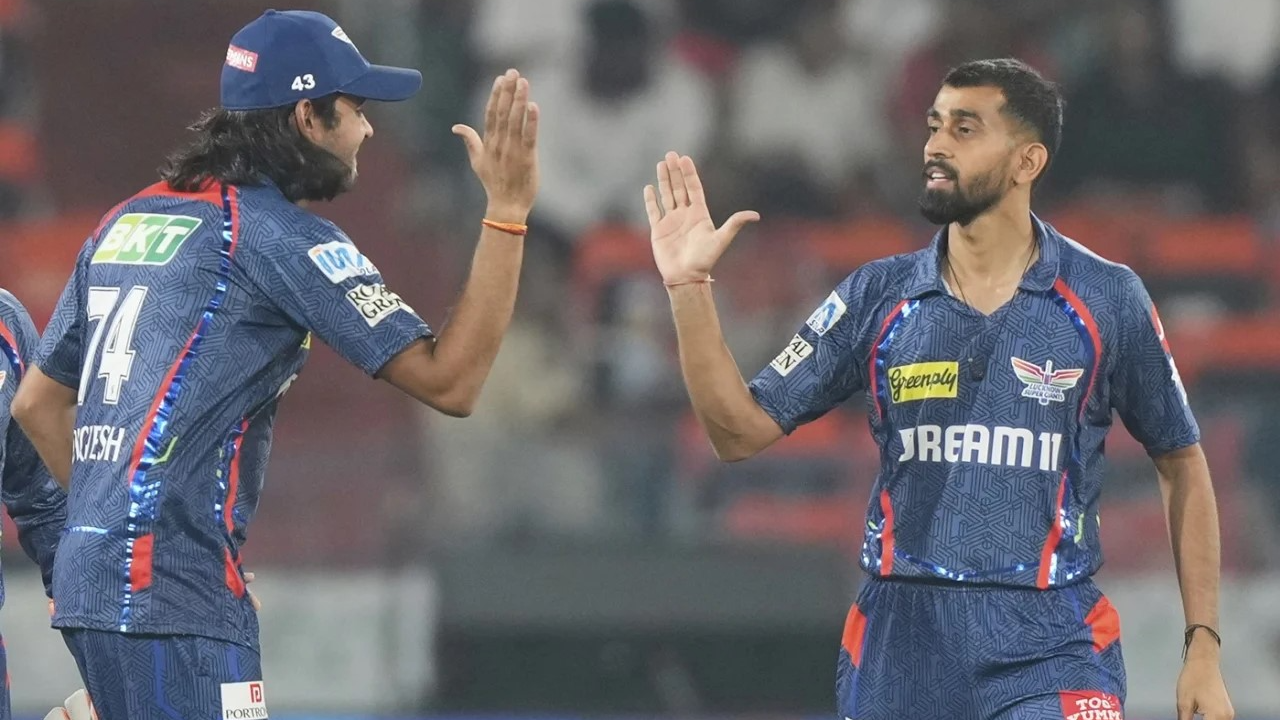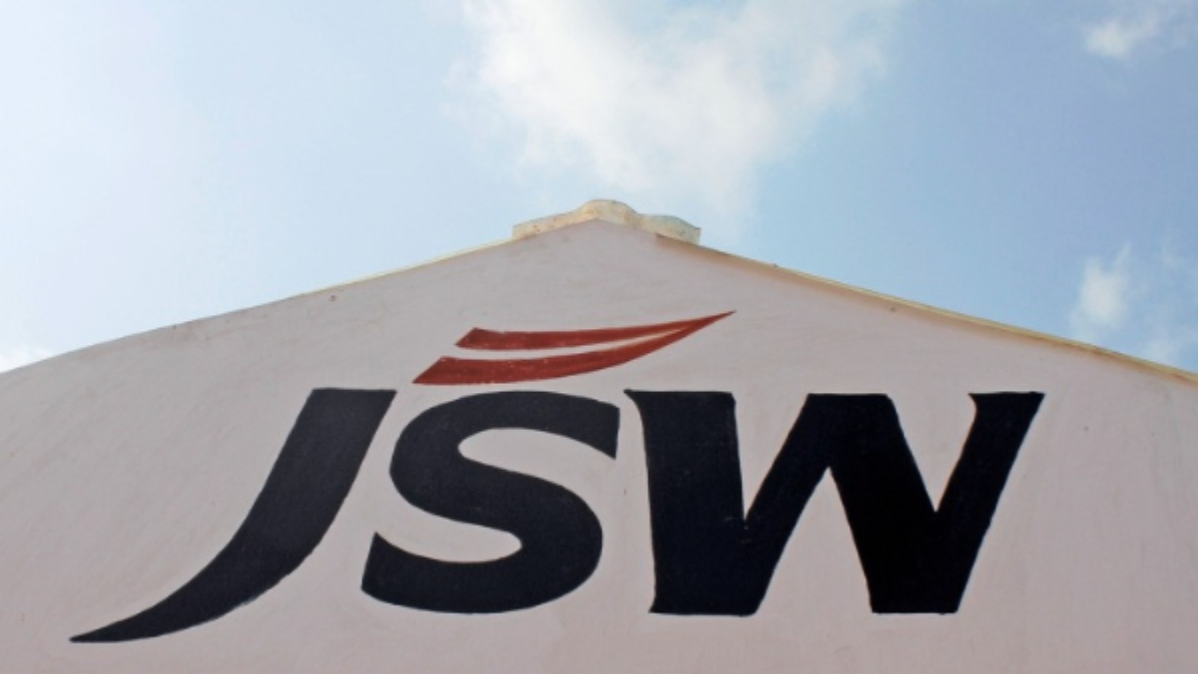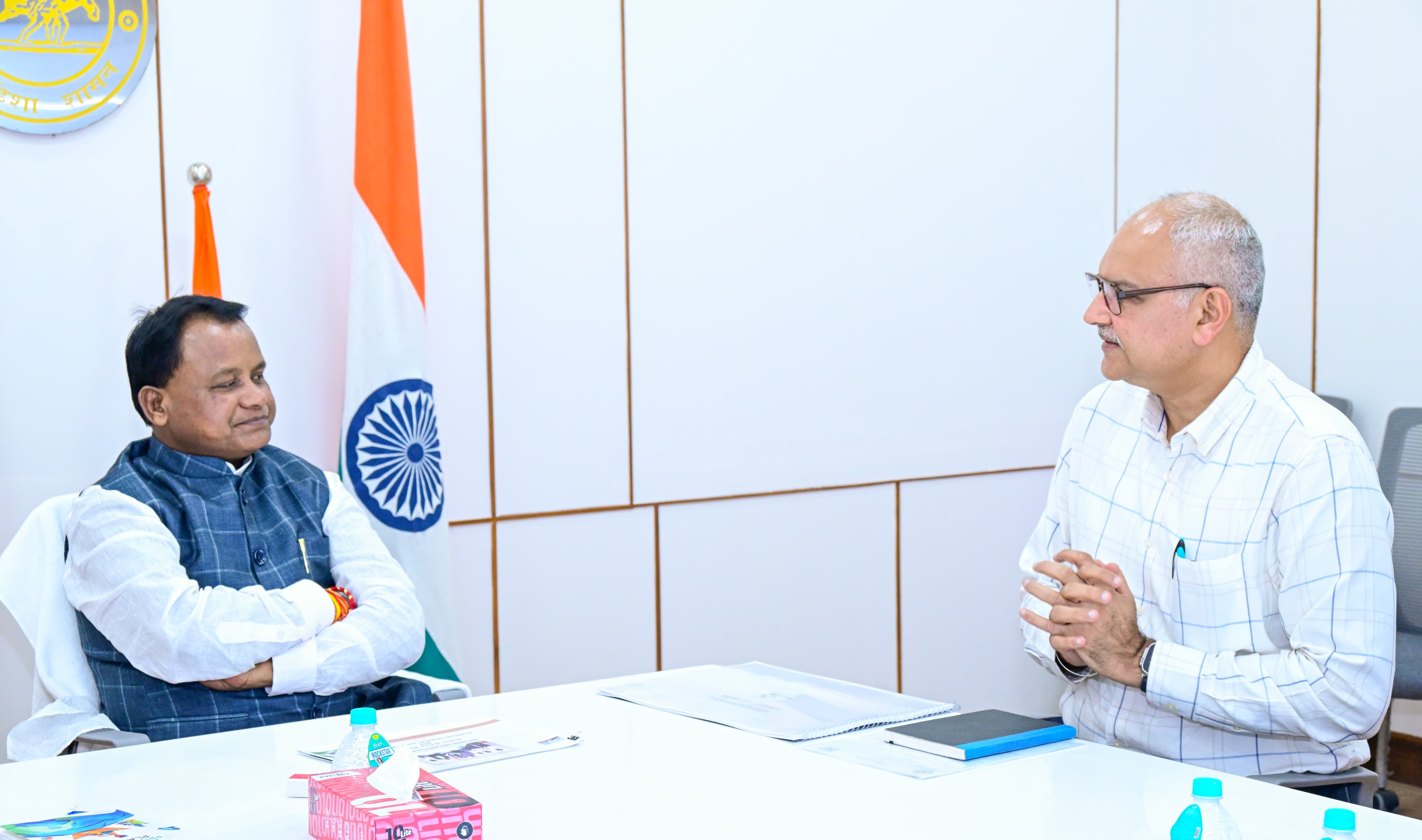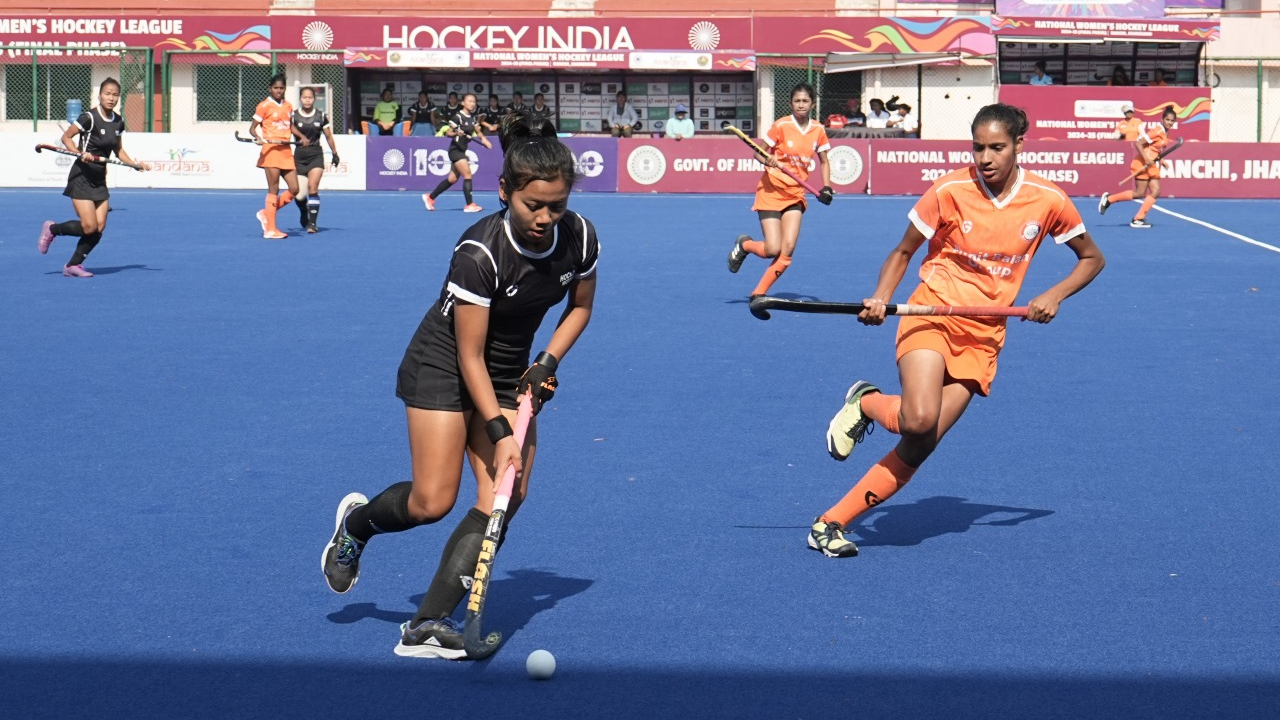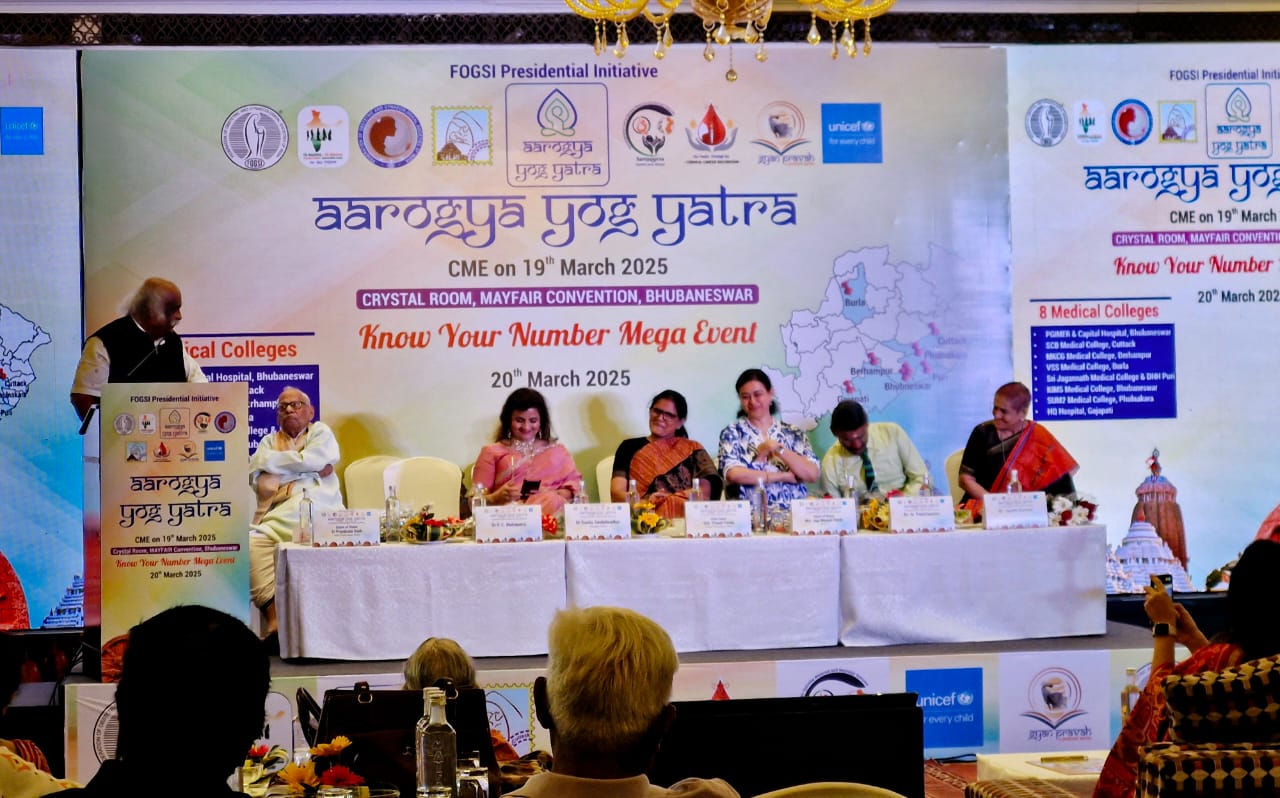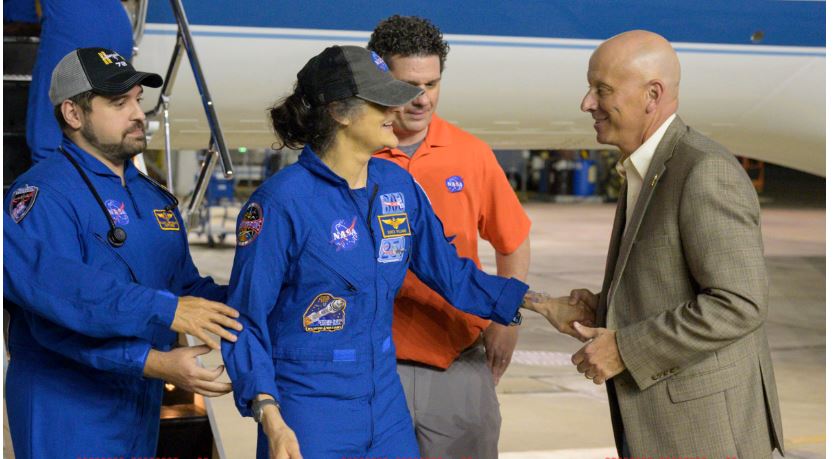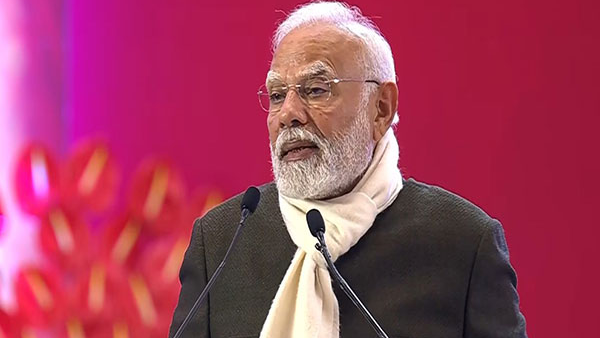Indore: On January 12, 2021, Munawar Farooqi was arrested in Indore, Madhya Pradesh, for a comedy show that had not even begun. The incident would become a landmark moment in India's ongoing debate about free speech, comedy, and political sensitivity.
The Immediate Incident
According to verified police reports, Farooqi was performing at an event when members of a right-wing Hindu organization, led by local politician Aklavya Sharma, disrupted the show. They claimed Farooqi had made offensive jokes about Hindu deities and Indian Prime Minister Narendra Modi.
Legal Proceedings
Farooqi was charged under multiple sections of the Indian Penal Code, including:
- Section 295A (deliberate and malicious acts intended to outrage religious feelings)
- Sections related to public nuisance
- Potential charges of hurting religious sentiments
The comedian was initially denied bail, spending several weeks in judicial custody before eventually being released.
Context of the Controversy
Munawar Farooqi, a Mumbai-based stand-up comedian, had gained popularity through his provocative and politically charged comedy. His style of comedy often navigated sensitive topics, including religion, politics, and social issues.
Social Media and Public Perception
The arrest sparked widespread debate on social media. Supporters viewed it as a direct attack on freedom of speech, while critics argued that his comedy crossed acceptable lines of public discourse.
Political Dimensions
The incident highlighted the increasingly complex relationship between comedy, politics, and religious sentiments in India. Farooqi's arrest became symbolic of broader challenges faced by comedians in expressing critical perspectives.
Legal Battle and Aftermath
Despite the initial arrest, Farooqi continued to perform, though with increased legal scrutiny. The case became a significant talking point in discussions about artistic freedom and the limits of comedy in India.
Broader Implications
The arrest raised critical questions about:
- Freedom of expression in India
- The role of comedy in social critique
- Political tolerance for satirical content
- The intersection of legal systems and artistic expression
Farooqi's Response
Throughout the legal battle, Munawar Farooqi maintained that his comedy was a form of social commentary, not an intentional attempt to offend. He argued for the importance of satire in democratic discourse.
Industry Impact
The incident sent shockwaves through the Indian comedy circuit. Many comedians began to self-censor, worried about potential legal and political repercussions of their performances.
Key Takeaways
- The arrest highlighted the precarious position of comedians in India
- It demonstrated the complex interplay between comedy, law, and politics
- The case became a significant moment in debates about free speech
Ongoing Debate
Years after the initial arrest, the Munawar Farooqi case continues to be discussed as a critical moment in Indian comedy and free speech discourse.
Expert Perspectives
Legal experts and free speech advocates have consistently pointed to this case as an example of the challenges faced by artists in expressing critical perspectives.
Conclusion
Munawar Farooqi's arrest represents more than just a legal case. It is a profound commentary on the state of free expression, the power of comedy, and the complex social dynamics of contemporary India.







